Home>Garden Essentials>How Long Do Passion Fruit Need To Germinate
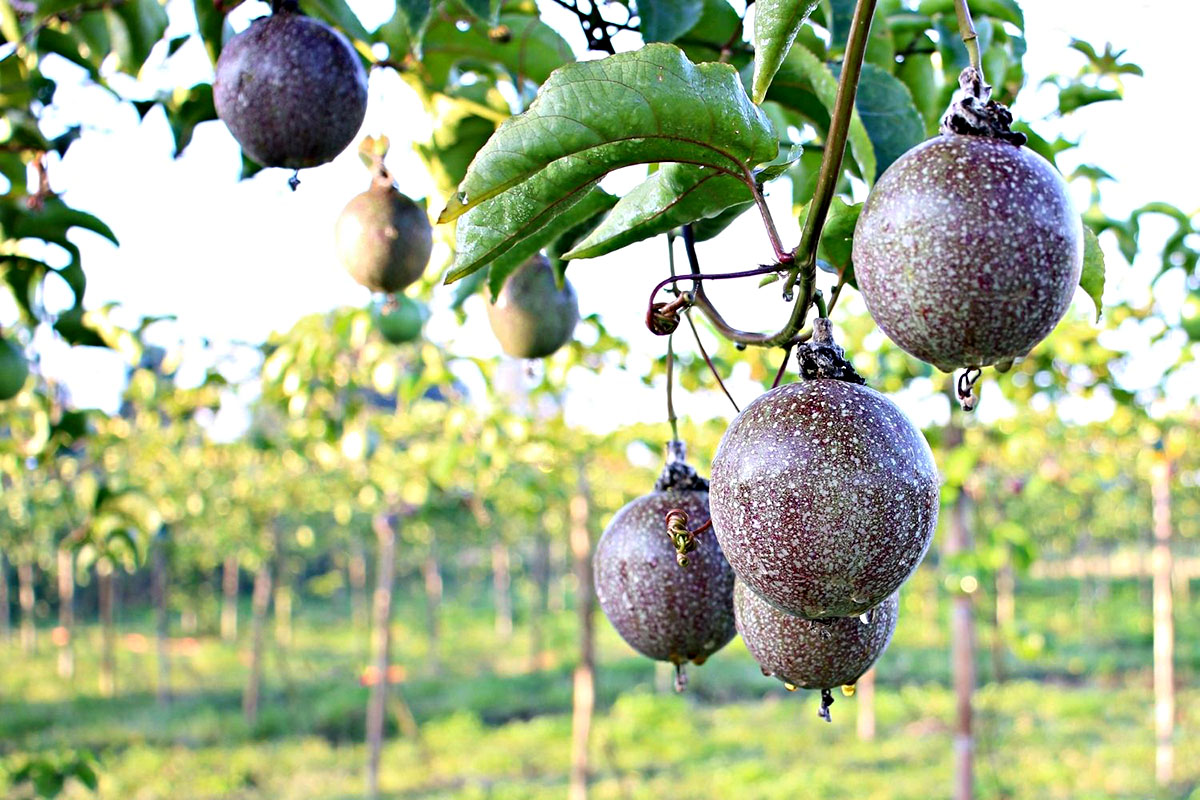

Garden Essentials
How Long Do Passion Fruit Need To Germinate
Modified: March 16, 2024
Learn how long passion fruit seeds take to germinate and start growing in your garden. Discover the ideal conditions for successful germination.
(Many of the links in this article redirect to a specific reviewed product. Your purchase of these products through affiliate links helps to generate commission for Storables.com, at no extra cost. Learn more)
Introduction
Welcome to the exciting world of gardening! If you’re a passionate gardener looking to cultivate exotic fruits, then you’re in for a treat. Among the many choices available, passion fruit stands out as a popular and rewarding option. Not only is it a delicious and nutritious fruit, but it also adds a touch of tropical beauty to your garden.
However, before you can enjoy the sweet taste of passion fruit, you need to navigate through the germination stage. Germination is the process in which a seed sprouts and begins to develop into a seedling. For passion fruit, the germination period can vary depending on various factors.
In this article, we will explore how long passion fruit seeds need to germinate and what factors can affect this process. Additionally, we will provide you with some valuable tips and techniques to speed up the germination process, as well as common mistakes to avoid. So let’s dive in and unlock the secrets of passion fruit germination!
Key Takeaways:
- Patience is key when germinating passion fruit seeds, which can take 2 to 8 weeks. Factors like temperature, moisture, and scarification play crucial roles in successful germination.
- Avoid common mistakes like overwatering, using poor quality seeds, and inconsistent temperatures to increase your chances of passion fruit seed germination success.
Read more: How To Grow Passion Fruit From Seeds
Factors Affecting Passion Fruit Germination
Several factors can impact the germination of passion fruit seeds. Understanding these factors will help you create the ideal conditions for successful germination. Here are a few key factors to consider:
- Temperature: Passion fruit seeds thrive in warm temperatures, ideally between 70-85°F (21-29°C). Germination may be slow or unsuccessful if the temperature falls below 60°F (15°C) or exceeds 95°F (35°C). Maintaining a consistent temperature is crucial for optimum germination.
- Moisture: Adequate moisture is essential for seed germination. Passion fruit seeds require a moist environment but avoid saturation, as excess water can lead to rot. Maintain a moderately moist soil bed to ensure proper hydration for the seeds.
- Light: Passion fruit seeds do not require light during the germination process. In fact, they may actually germinate better in darkness. However, once the seeds have sprouted and the seedlings emerge, they require ample sunlight or artificial grow lights to facilitate healthy growth.
- Seed Quality and Viability: The quality and viability of the passion fruit seeds play a crucial role in germination success. Choose fresh seeds from a reputable source to ensure a higher germination rate. Older or improperly stored seeds may have reduced viability, making germination more challenging.
- Seed Scarification: Passion fruit seeds have a hard outer seed coat that may inhibit germination. Scarification is the process of mechanically breaking, scratching, or nicking the outer seed coat to allow moisture to penetrate and promote germination. This step can be done by gently rubbing the seeds with sandpaper or using a sharp knife to create small scratches on the seed coat.
By considering these factors and implementing the necessary measures, you can create the optimal conditions for passion fruit seed germination. Remember, each factor plays a significant role, so it’s important to pay attention to all aspects to increase your chances of success.
Optimal Germination Conditions
To give your passion fruit seeds the best chance of successful germination, it is important to create optimal conditions. Here are some key factors to consider when setting up the germination environment:
- Quality Soil: Start with a well-draining soil mixture that is rich in organic matter. A sandy loam or potting mix works well for passion fruit seeds. This allows for proper aeration and moisture retention, ensuring a healthy seedbed.
- Container Choice: Choose a container that provides sufficient space for the seeds and allows for good drainage. A seed tray or individual pots can work well for passion fruit germination.
- Moisture Management: Keep the soil consistently moist but avoid waterlogging. Set up a watering routine, ensuring that the soil stays moist but not soggy. Mist the soil surface lightly to maintain moisture levels.
- Temperature Control: Maintain a warm and consistent temperature range of 70-85°F (21-29°C) for optimal germination. Consider using a heat mat or placing the container in a warm spot in your home.
- Scarification: As mentioned earlier, scarification can enhance germination by breaking the outer seed coat. This step is especially helpful for passion fruit seeds with hard seed coats.
In addition to these specific conditions, it is important to place the container in a location that receives indirect sunlight or artificial grow lights. This will provide the necessary warmth for germination without exposing the seeds directly to intense light.
Remember to be patient during the germination process. Passion fruit seeds can take anywhere from 2 to 8 weeks to sprout, with some varieties taking even longer. Regularly monitor the moisture levels in the soil and make adjustments as needed to maintain the ideal germination conditions.
By providing these optimal germination conditions, you are setting the stage for successful seed sprouting and healthy seedling development. Now let’s explore how long it generally takes for passion fruit seeds to germinate.
Germination Timeframe of Passion Fruit
The germination timeframe for passion fruit seeds can vary depending on different factors, including environmental conditions, seed quality, and seed scarification. On average, passion fruit seeds take around 2 to 8 weeks to germinate.
However, it’s important to note that some passion fruit varieties may have longer germination periods, ranging from 4 to 12 weeks or more. This variation is influenced by factors such as seed viability and the germination conditions provided.
During the germination period, it’s essential to maintain consistent moisture levels in the soil and ensure a warm and stable temperature range. Regular monitoring is crucial to ensure that the seeds are not drying out or becoming waterlogged.
Once the seedlings emerge from the soil, it’s important to provide them with ample light to facilitate healthy growth. Gradually introduce them to direct sunlight or provide artificial grow lights to ensure they receive sufficient light intensity.
Keep in mind that germination is a natural process, and slight variations in the timeframe may occur. Patience is key during this stage of growth, as some seeds may germinate earlier while others may take longer.
By understanding the expected germination timeframe and providing optimal germination conditions, you can increase your chances of success and enjoy the rewarding experience of growing passion fruit from seed.
Passion fruit seeds can take 10-20 days to germinate. Keep the soil consistently moist and provide warmth for best results.
Techniques to Speed Up Passion Fruit Germination
If you’re eager to see your passion fruit seeds sprout more quickly, there are a few techniques you can try to speed up the germination process. While these methods may not guarantee instant results, they can increase the chances of faster germination. Here are some techniques to consider:
- Seed Scarification: As mentioned earlier, scarifying the passion fruit seeds by gently rubbing them with sandpaper or nicking the seed coat with a sharp knife can help to break the dormancy and speed up germination.
- Pre-soaking Seeds: Before sowing the seeds, you can try pre-soaking them in warm water for 24-48 hours. This softens the seed coat and can enhance germination rates.
- Bottom Heat: Providing bottom heat can help create an ideal germination environment. You can use a heat mat or place the containers on top of a warm surface, such as a refrigerator or radiator, to gently warm the seeds.
- Stratification: Some passion fruit varieties benefit from a cold stratification period to simulate winter conditions and break seed dormancy. Place the seeds in a damp paper towel or moist peat moss and store them in the refrigerator for 2-4 weeks before sowing.
- Use of Growth Hormones: Plant growth hormones, such as gibberellic acid, can promote faster and more consistent germination. Follow the instructions carefully when using these hormones, as overdosing can have adverse effects.
It’s important to note that while these techniques have the potential to speed up germination, they may not work for all passion fruit varieties. Additionally, it’s crucial to maintain the optimal germination conditions mentioned earlier while implementing these techniques.
Experimenting with these techniques can be a fun and rewarding experience, but remember to exercise patience and allow time for the natural germination process to take place. Each seed is unique, and factors such as seed quality and viability can influence the speed of germination.
By incorporating these techniques and providing the best possible growing conditions, you’ll increase your chances of successfully germinating your passion fruit seeds in a shorter timeframe.
Common Mistakes to Avoid During Passion Fruit Germination
When it comes to germinating passion fruit seeds, there are a few common mistakes that you should avoid to increase your chances of success. By being aware of these pitfalls, you can ensure that your seeds have the best possible environment for germination. Here are some key mistakes to avoid:
- Overwatering: While moisture is crucial for seed germination, overwatering can be detrimental. Excess water can lead to root rot and hinder germination. Maintain a moderate level of moisture in the soil and avoid waterlogged conditions.
- Underwatering: On the other hand, failing to provide enough moisture can also prevent successful germination. Make sure to check the soil regularly and keep it adequately moist but not overly saturated.
- Inconsistent Temperature: Passion fruit seeds require a consistent temperature range for optimal germination. Fluctuations in temperature can hinder germination or slow down the process. Maintain a warm and stable environment between 70-85°F (21-29°C).
- Poor Quality Seeds: Using old or low-quality seeds can significantly affect germination success. It’s important to source fresh seeds from reputable suppliers to ensure better viability and higher germination rates.
- Skipping Seed Scarification: Passion fruit seeds have a hard seed coat that can hinder germination. Skipping the scarification process can delay or inhibit seed sprouting. Take the time to scarify the seeds by gently rubbing or nicking the outer coat before sowing.
- Insufficient Light: While passion fruit seeds don’t require light for germination, once the seedlings emerge, they need ample sunlight or artificial grow lights for healthy growth. Ensure that your growing setup provides enough light for the seedlings.
By avoiding these common mistakes, you’ll create a more favorable environment for passion fruit seed germination. Paying attention to the moisture levels, temperature consistency, seed quality, scarification, and light requirements will greatly increase your chances of successful germination.
Remember, patience is key during the germination process. Give your seeds the time they need to sprout and grow. With the right approach and attention to detail, you’ll soon have thriving passion fruit seedlings ready to be transplanted into your garden.
Conclusion
Growing passion fruit from seeds can be a rewarding experience that allows you to enjoy the delicious fruits and add a touch of tropical beauty to your garden. Successfully germinating passion fruit seeds requires attention to detail, optimal conditions, and patience.
In this article, we have explored various factors that can affect passion fruit germination, including temperature, moisture, light, seed quality, and scarification. By understanding these factors, you can create the ideal conditions for successful germination.
We have also discussed the optimal germination conditions, including choosing quality soil, using appropriate containers, managing moisture levels, controlling temperature, and implementing scarification techniques. Creating the right environment is crucial to give your seeds the best chance of sprouting and developing into healthy seedlings.
The germination timeframe for passion fruit seeds generally ranges from 2 to 8 weeks, although it can vary depending on factors such as seed quality and environmental conditions. Consistency with moisture, temperature, and light will help ensure a successful germination process.
If you’re eager to speed up the germination process, techniques such as scarification, pre-soaking, bottom heat, stratification, and the use of growth hormones can be employed. However, remember that each seed is unique, and patience is still necessary as germination times can vary.
Finally, we have highlighted some common mistakes to avoid during passion fruit germination, such as overwatering or underwatering, inconsistent temperatures, using poor quality seeds, skipping seed scarification, and providing insufficient light for seedling growth.
By being mindful of these mistakes and taking the necessary precautions, you can greatly increase your chances of successful passion fruit germination.
Now armed with the knowledge and techniques shared in this article, you are ready to embark on your passion fruit growing journey. Enjoy the process, stay patient, and soon you will be rewarded with healthy passion fruit plants thriving in your garden.
Frequently Asked Questions about How Long Do Passion Fruit Need To Germinate
Was this page helpful?
At Storables.com, we guarantee accurate and reliable information. Our content, validated by Expert Board Contributors, is crafted following stringent Editorial Policies. We're committed to providing you with well-researched, expert-backed insights for all your informational needs.
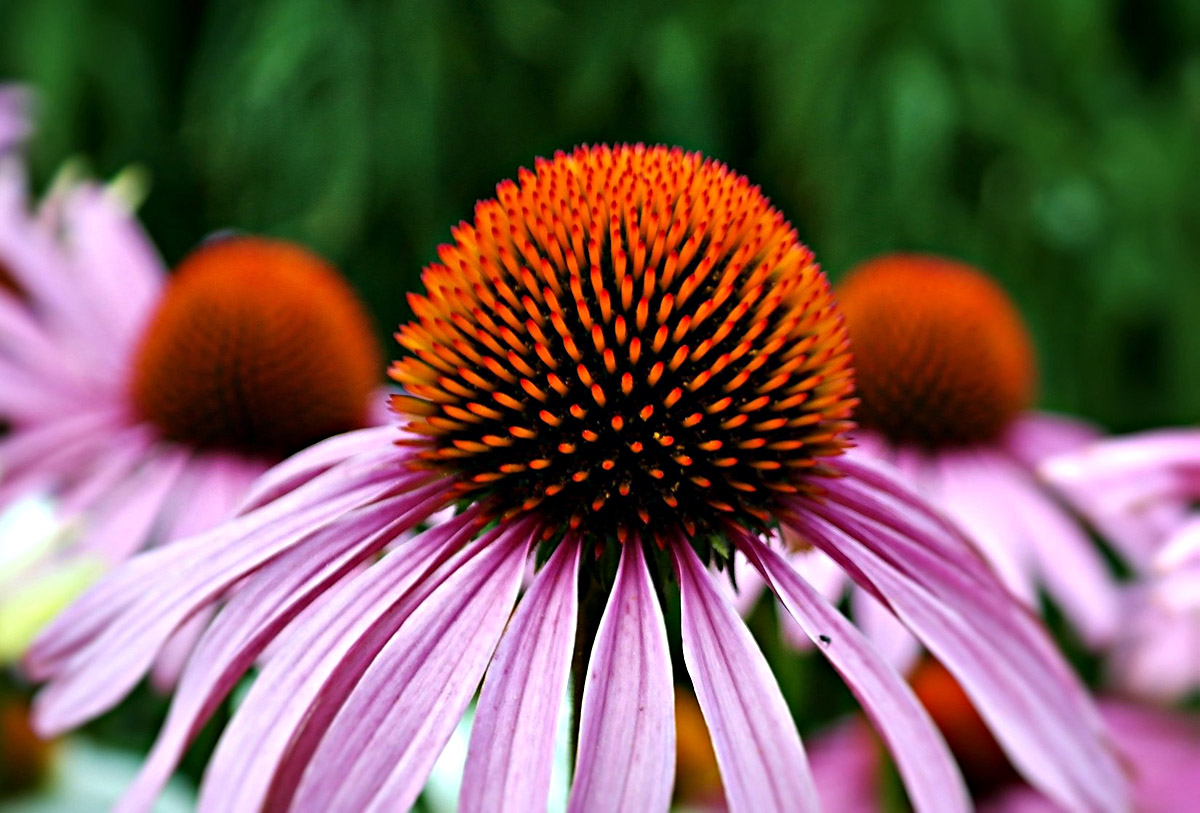
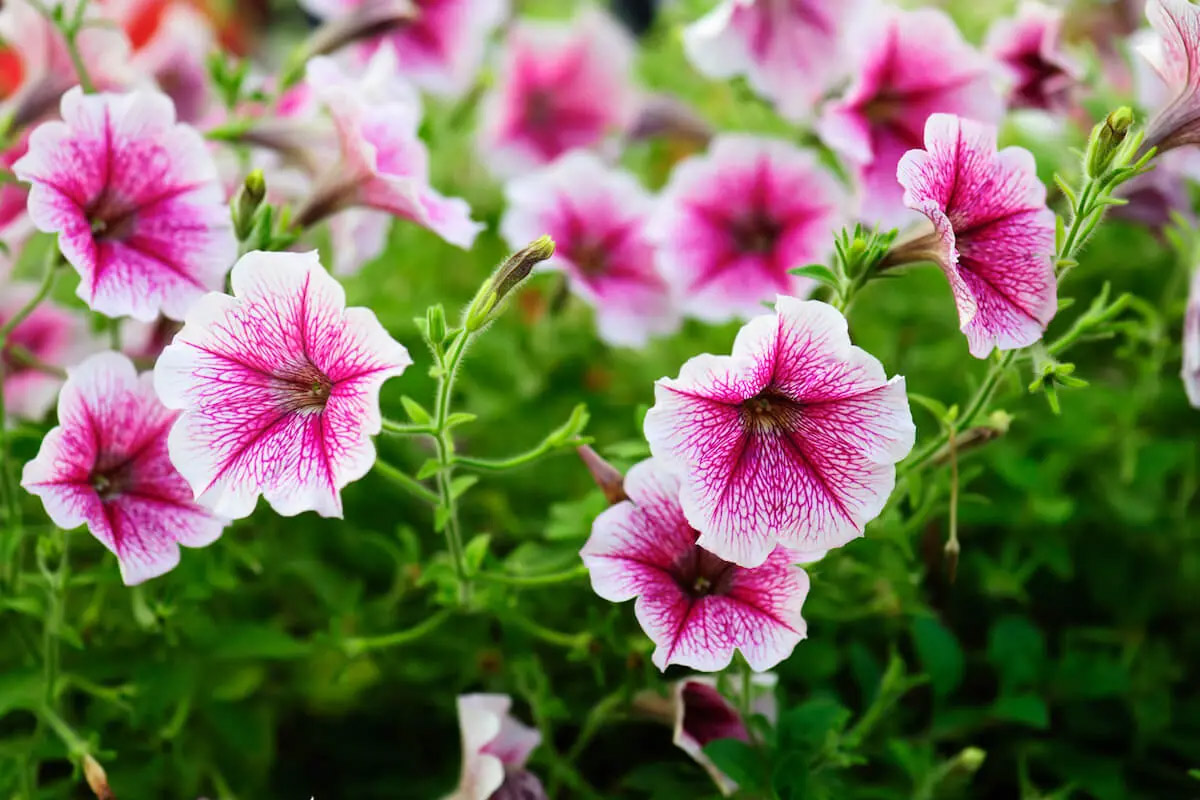
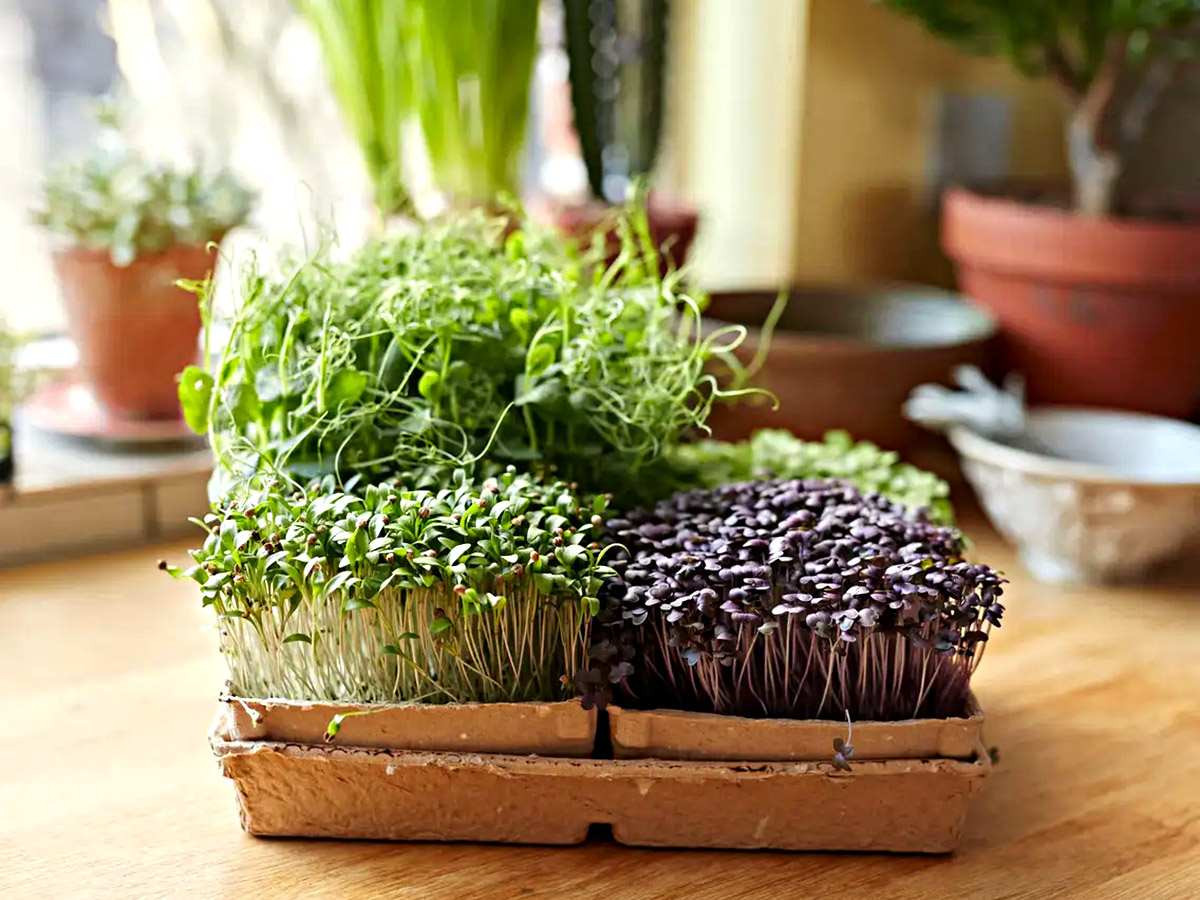
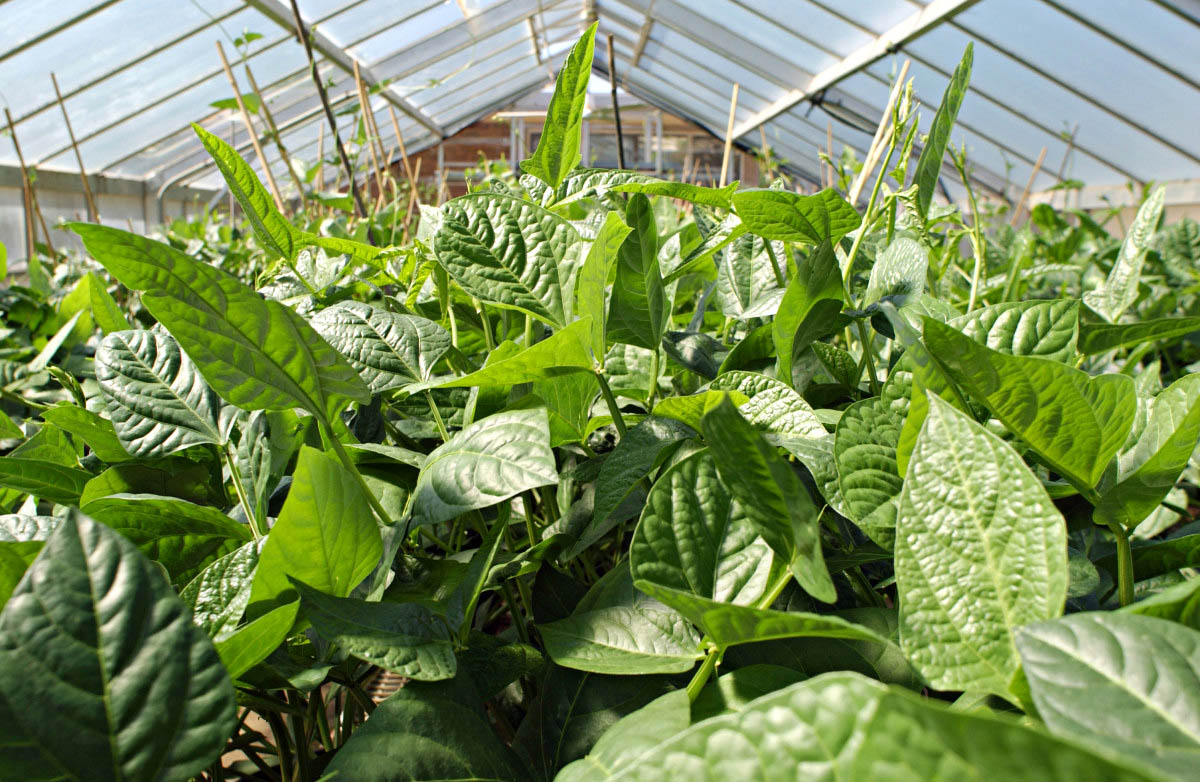
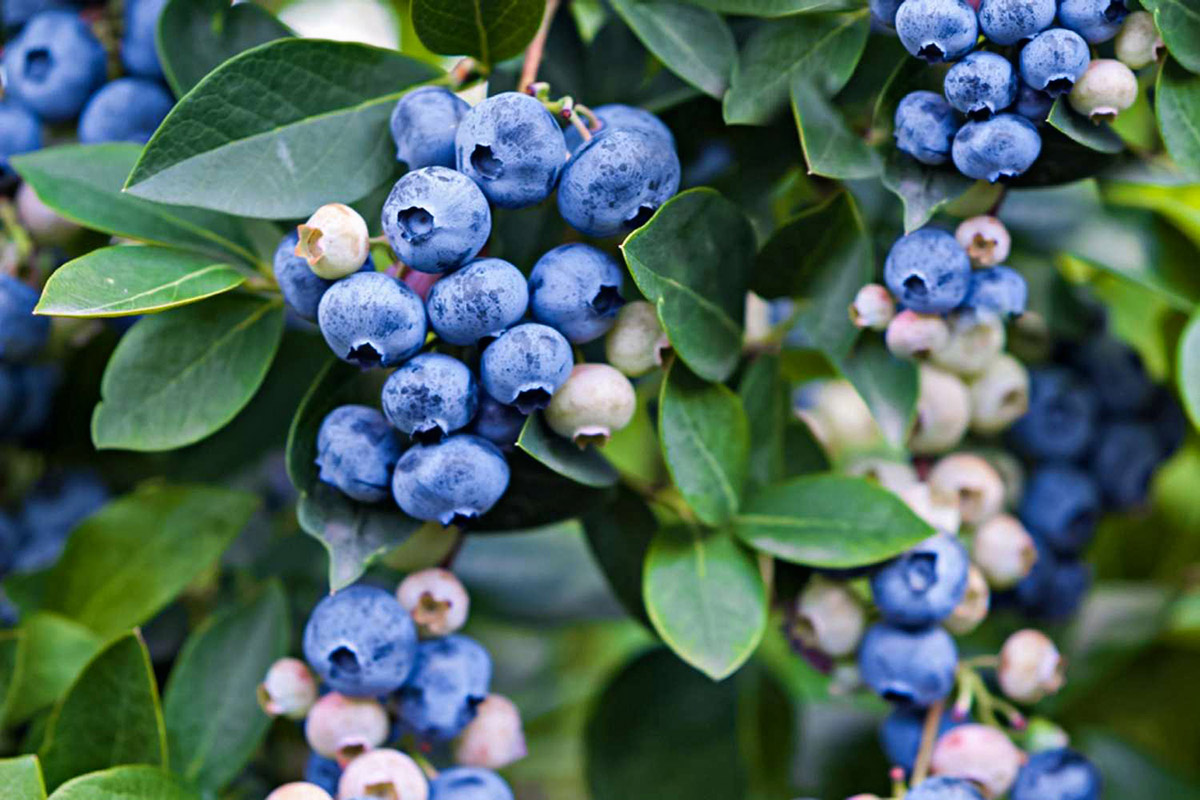
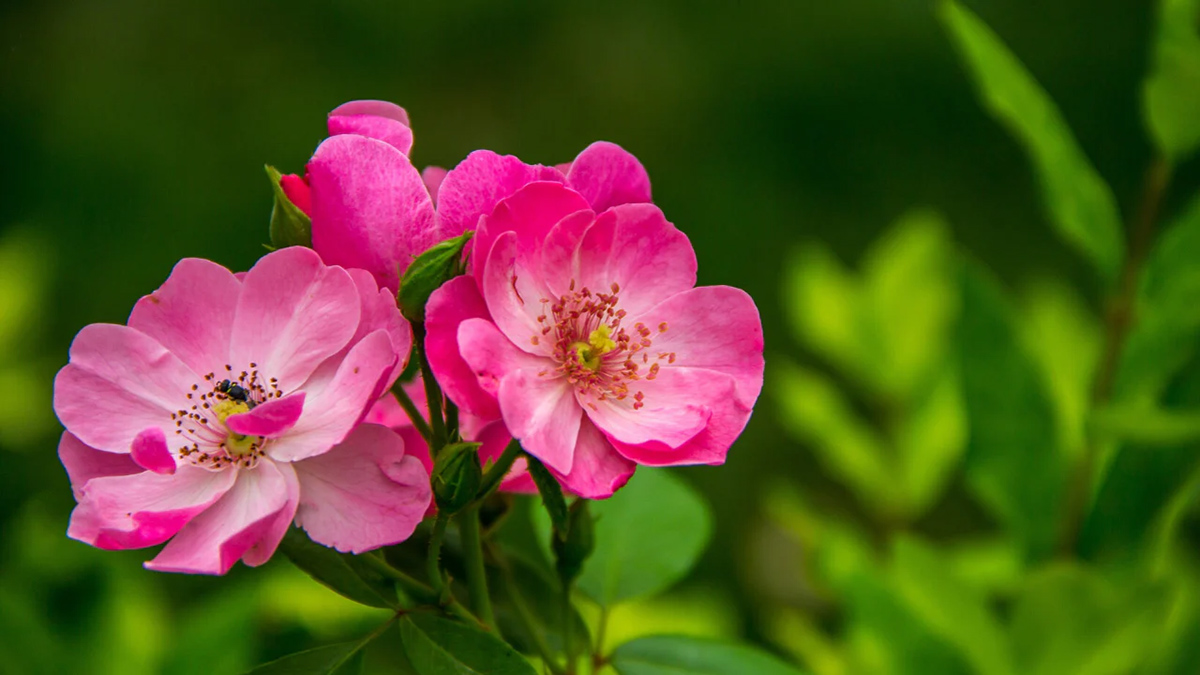
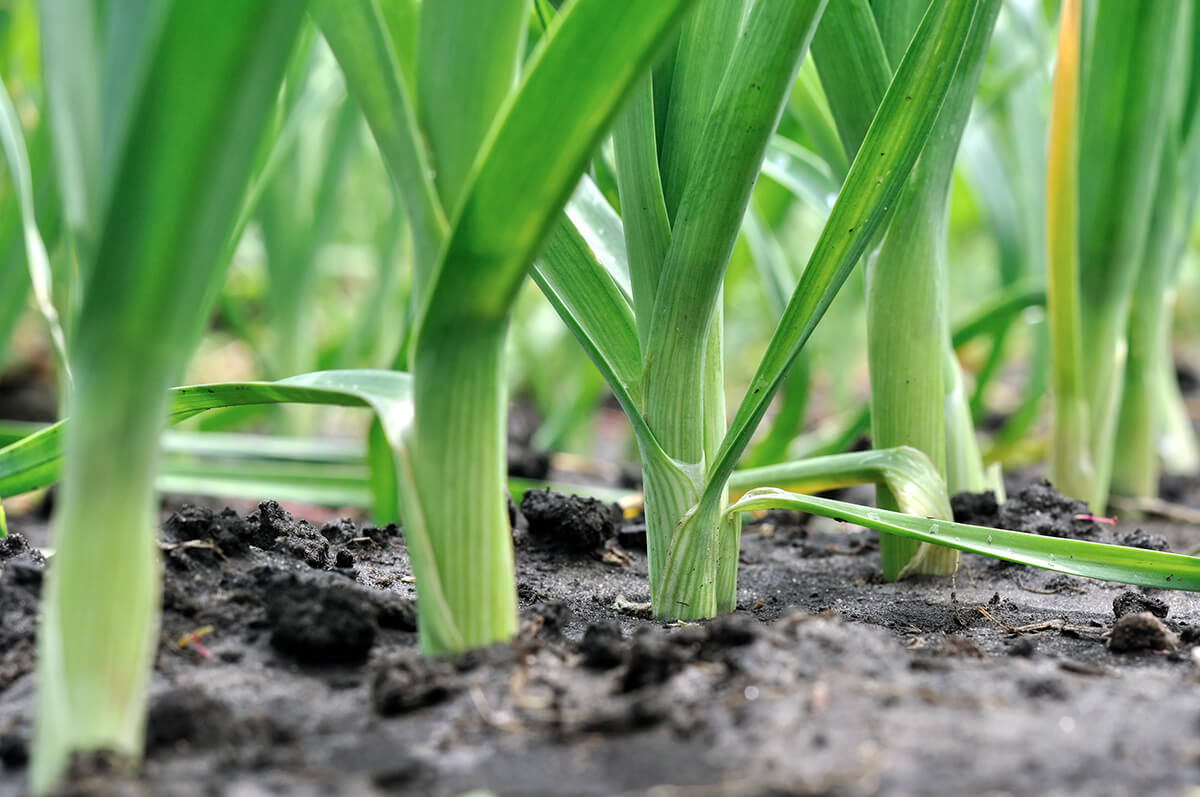
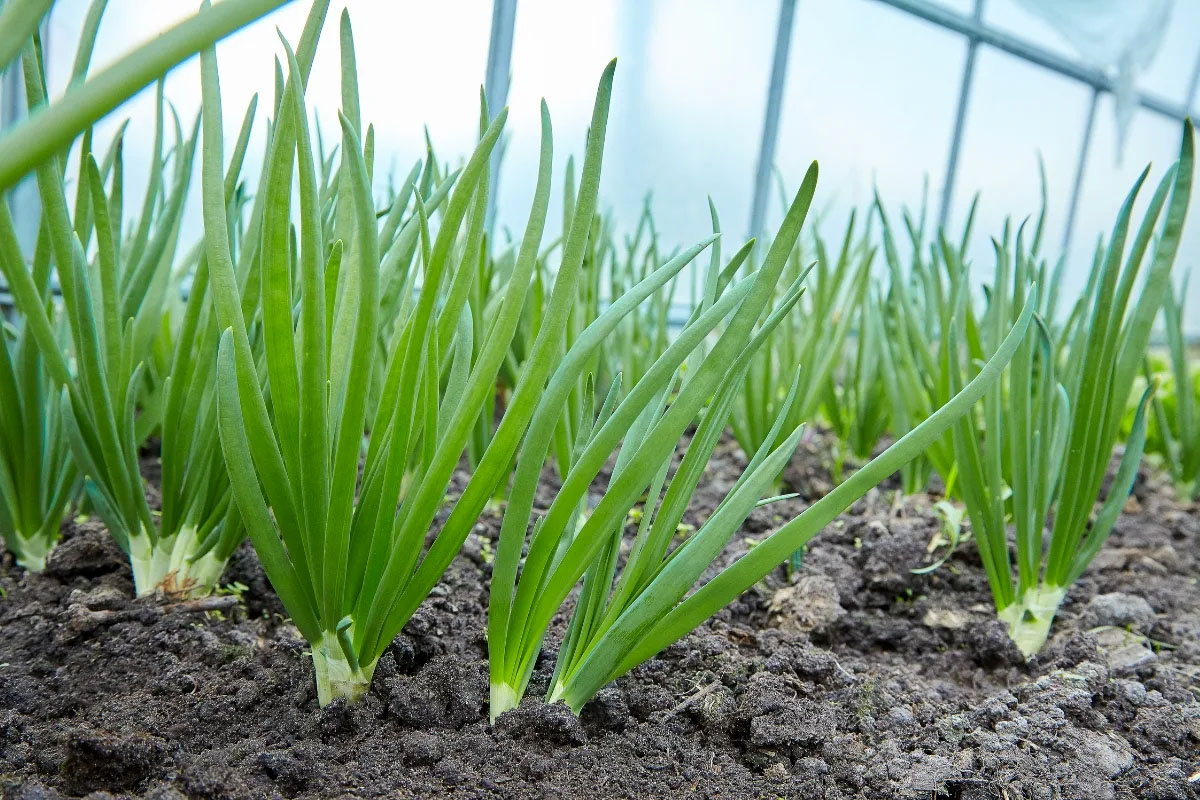
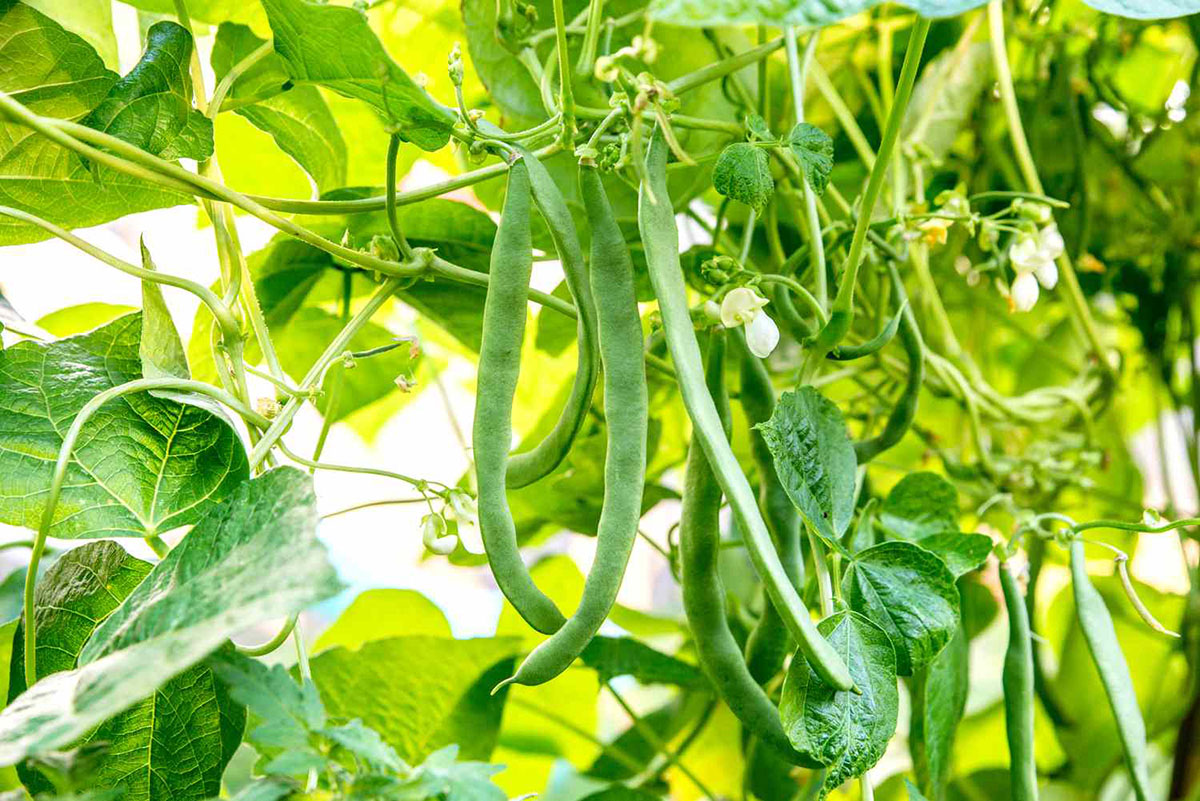
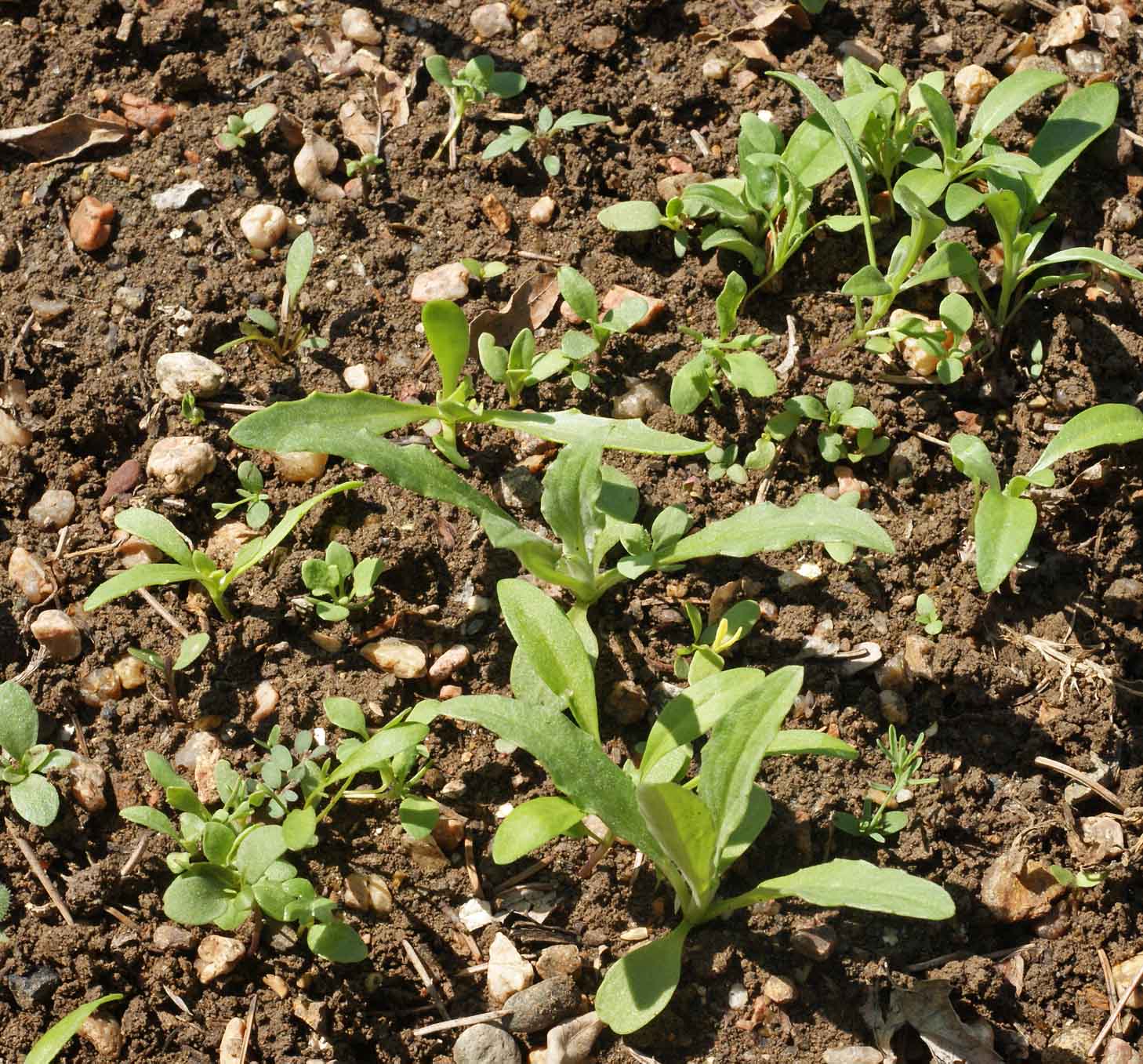

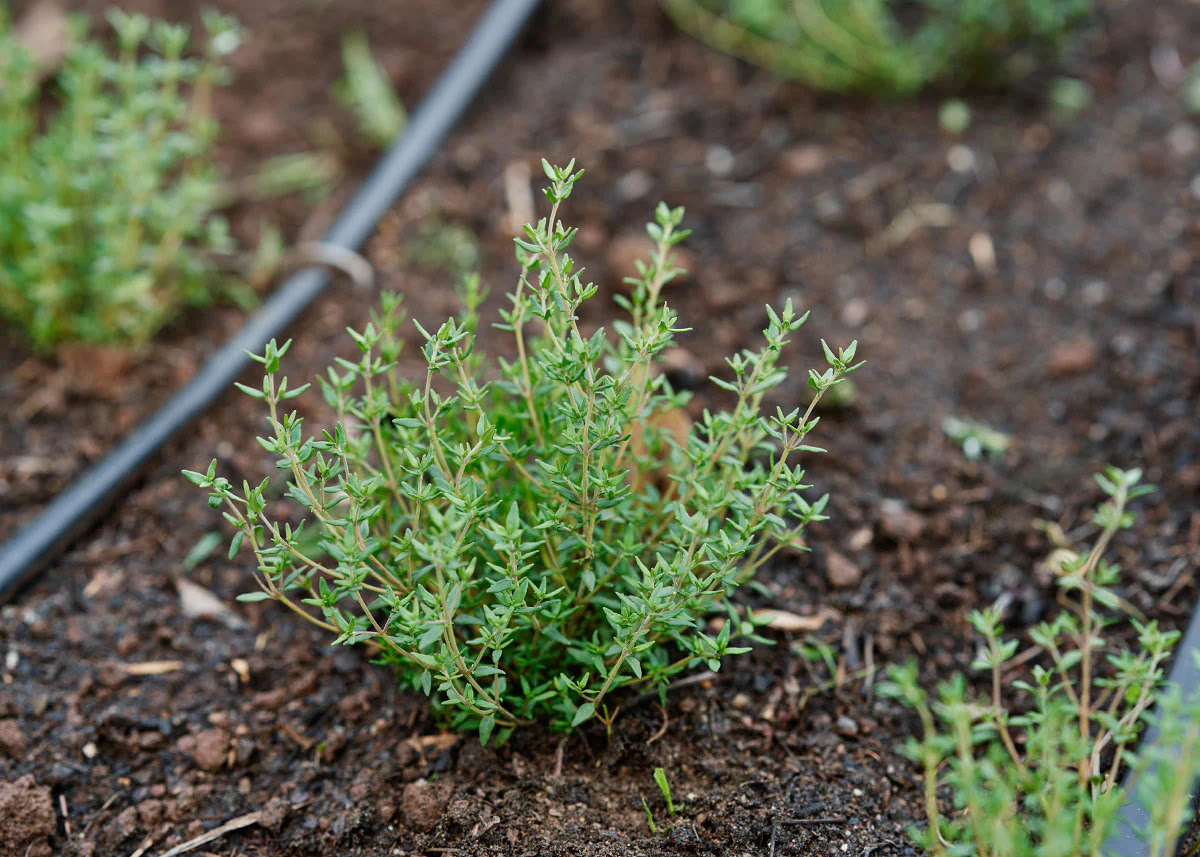
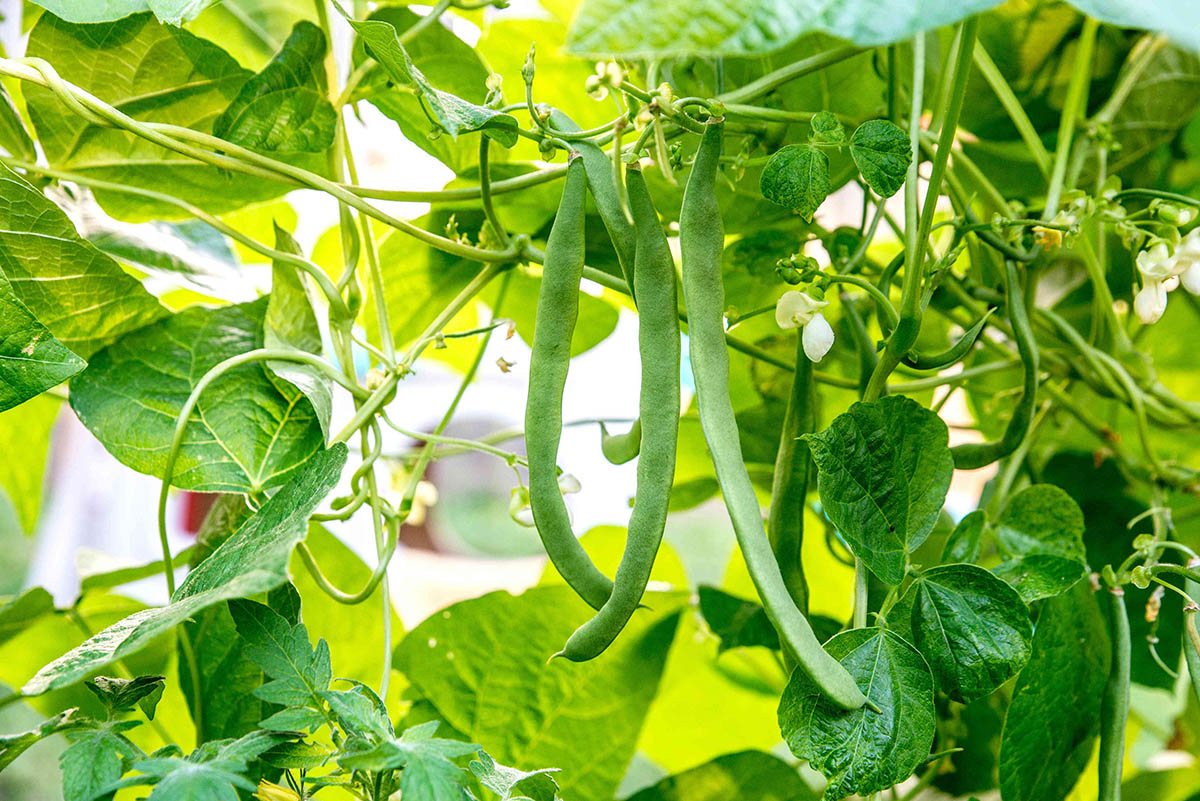
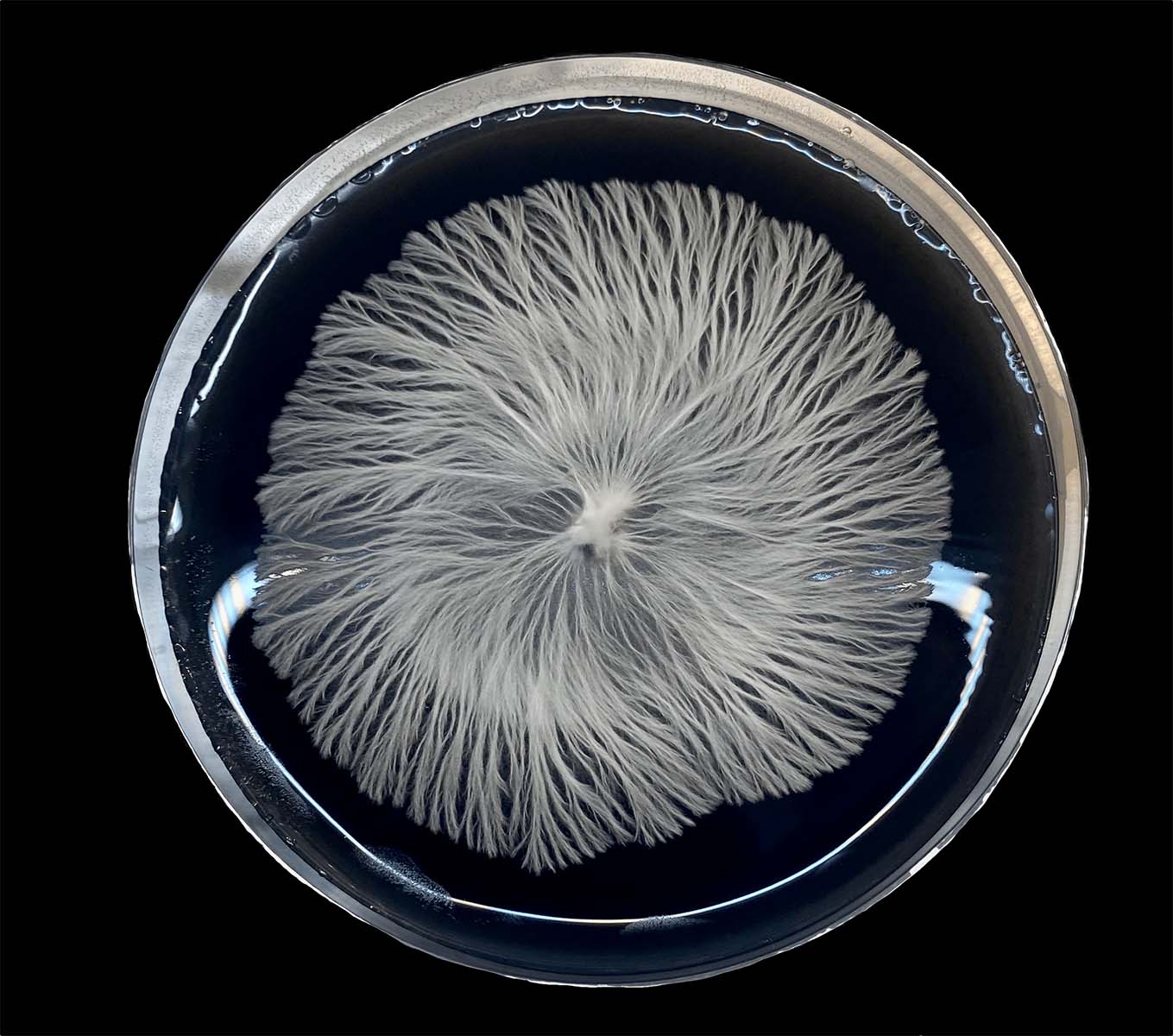

0 thoughts on “How Long Do Passion Fruit Need To Germinate”